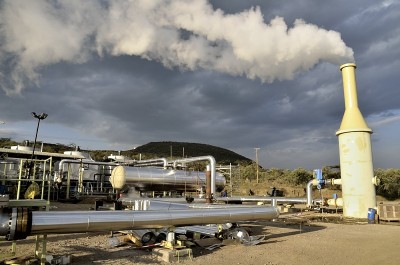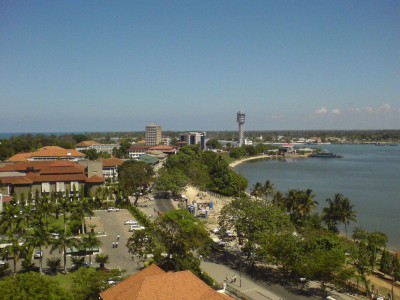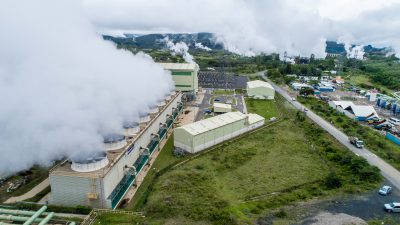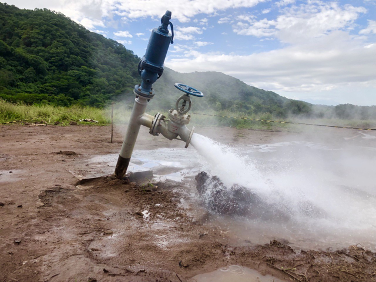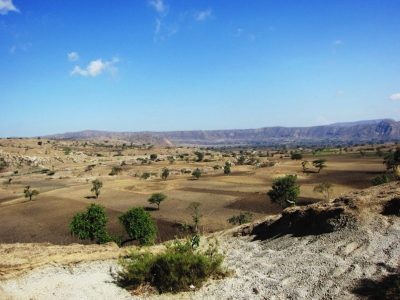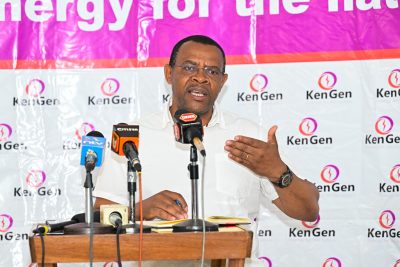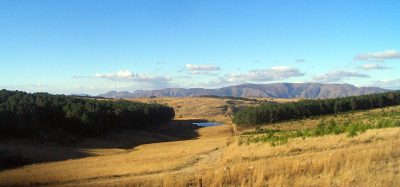Geothermal to help Djibouti fuel ever increasing electricity demand
Geothermal energy is a key ingredient to Djibouti's energy future with an increasing electricity demand and the need to decrease the cost of electricity in the country.
With an ever increasing electricity demand, the country of Djibouti in Africa is looking at ways to build the development of new electricity generation capacity on renewables.
This summer we reported on the signing of an MOU with Toshiba on the development of 50 MW of geothermal power projects across the country. Under this agreement, Toshiba is to provide guidance for power plant operations and management, coordinate the development and supply of geothermal generation systems, and train local personnel.
Located on the horn of Africa at the outlines of the East African Rift Valley, Djibouti has significant geothermal development potential, but development activities are relatively recent.
In 2013, the country secured funding of $31 million from the World Bank, the African Development Bank and other lenders for exploration drilling in the Assal Rift in the country.
In 2014, Japan’s International Cooperation Agency identified 13 potential sites for geothermal development in a survey that included sites at Asal-Fiale, Hanle-Garabavis, Goubet and Gaggade. The power generation capacity potential was estimated at 1,000 MW.
With a current installed capacity of 120 MW, this provides a significant source of energy that could fuel increasing energy demand, that is currently fuelled by fuel oil/ diesel thermal power and through electricity imports from neighbouring Ethiopia.
Electricity costs are currently rather high at $0.28/ kWh. The African average is $0.14/ kWh, while in East Asia the cost lies at $0.07/ kWh and $0.04 in South Asia.
With those high costs, business expenses are high and hinder further economic development. Geothermal power could help reduce the cost of electricity in the country by about $0.20/ kWh according to the International Renewable Energy Agency (IRENA), and save the natioanl power company an estimated $57 million in cost.
The consumption of electricity has increased by 75% in the last decade, while power generation has only increased at a rate of around 6% per year for the past 40 years, according to the IRENA “Djibouti Renewable Readiness Assessment” report.
The current electricity consumption per capita lies at 33 kWh per year, while the African average is at about 575 kWh/ year, according to IRENA. This represents a peak annual demand of around 90 MW in 2014, but is expected to rise up to 300 MW by 2020.
Geothermal energy as a national resource, could therefore provide for local power generation and decrease cost.
Source: Oxford Business Group via Oilprice.com








